A Swiss security strategy that says yes to fighter jets, no to nuclear weapons
Switzerland is taking up its seat on the United Nations Security Council this month, just as the government is expected to decide on a new national security strategy. The Alpine nation would do well to sign the treaty banning nuclear weapons – and strike a common security policy on which defence and foreign affairs officials can all agree.
The Russian war of aggression against Ukraine has shown that war as a means of conducting politics is still possible in Europe. Even in the 21st century, therefore, protecting and defending the security of its people – by force of arms, if necessary – remains a core responsibility of the state.
The Swiss Senate is set to vote on a motionExternal link on the country’s security and defence strategy introduced by House representative Thomas Rechsteiner of the Centre Party. If approved, as it is expected to be, the government will be forced to develop an overarching strategy that sets out how Switzerland’s security is to be guaranteed in the future.
The question now arises: What should sensibly be included in this strategy, and how should it be structured?
In my opinion, such a strategy would have to contain two pillars: defence and diplomacy. One challenge is to bring the departments that act relatively autonomously on security policy matters, especially Defence and Foreign Affairs, to align on policy. In the future, their work should be more coherently oriented towards a common security policy, so that political wrangling, such as over the recent procurement of the American F35 fighter jets, is not repeated. The CHF6 billion ($6.2 billion) purchase from US manufacturer Lockheed Martin was plagued by controversy, including allegations of wrongdoing by Swiss ministers. Differences of opinion also arose between the Federal Audit Office and the Armaments Office over the final bill.
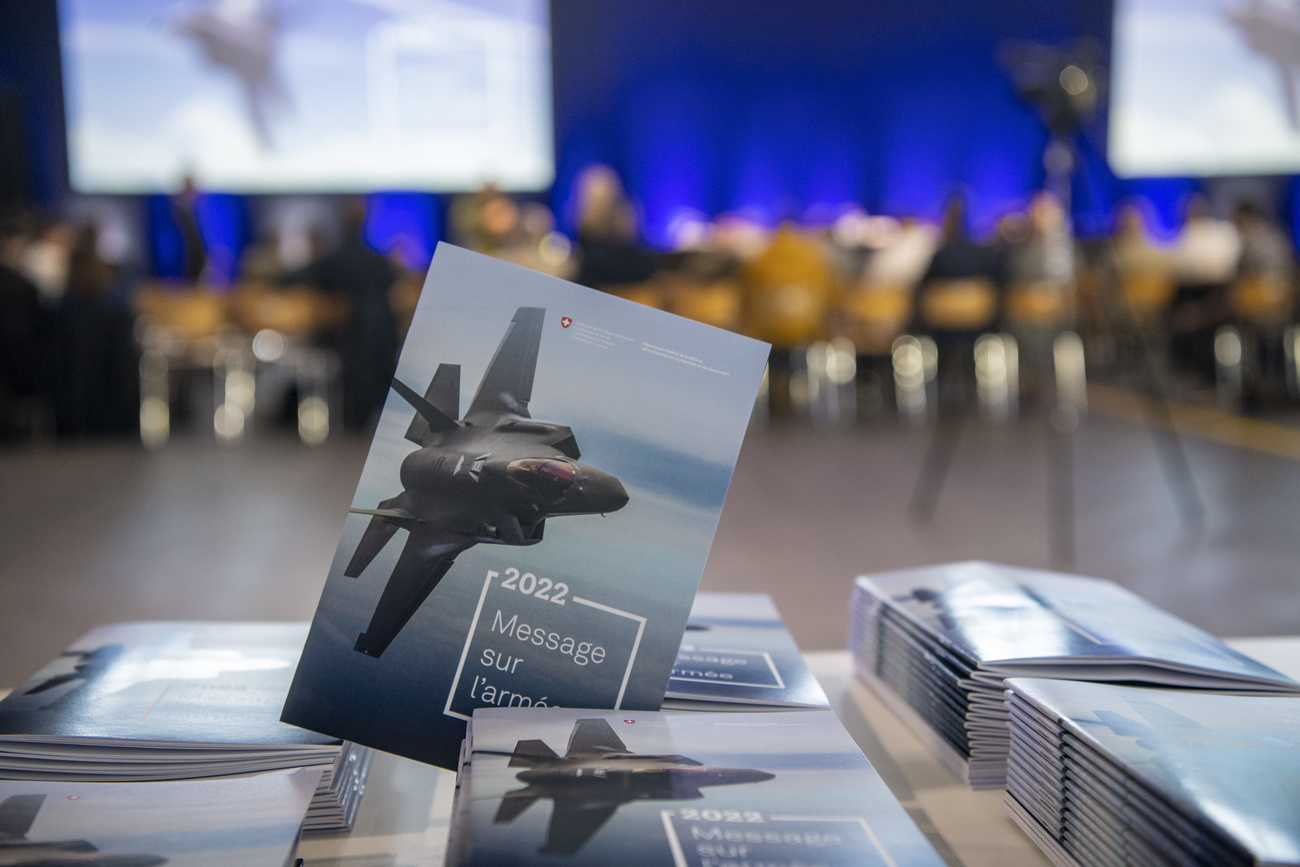
More
Controversial Swiss fighter jet deal signed off
The defence part of the strategy must first deal with the concrete challenges linked to possible combat in a much more pronounced way than has been the case in previous documents. Warfare remains the core mission of all armed forces around the globe. The new strategy will have to answer the following questions: What conflict scenarios are possible? Which operational doctrine should be sensibly adopted by the Swiss Army? What weapons will they need? And, how does neutral Switzerland engage with, and integrate into, a European security architecture, given that a completely autonomous defence policy is no longer realistic today? Currently answers to these crucial questions remain unclear.
This report should also serve to strengthen Switzerland’s structural defence capability and resilience. To this end, it would have to show how the civilian service and civil defence – the current alternatives to military service – could be merged. It should also address the options for introducing and designing a compulsory service for women. Including women in conscription would make a decisive contribution to gender equality, and that should give the report additional momentum. In Norway, where this step was taken a few years ago, gender-neutral compulsory service enjoys great public support, including among women.
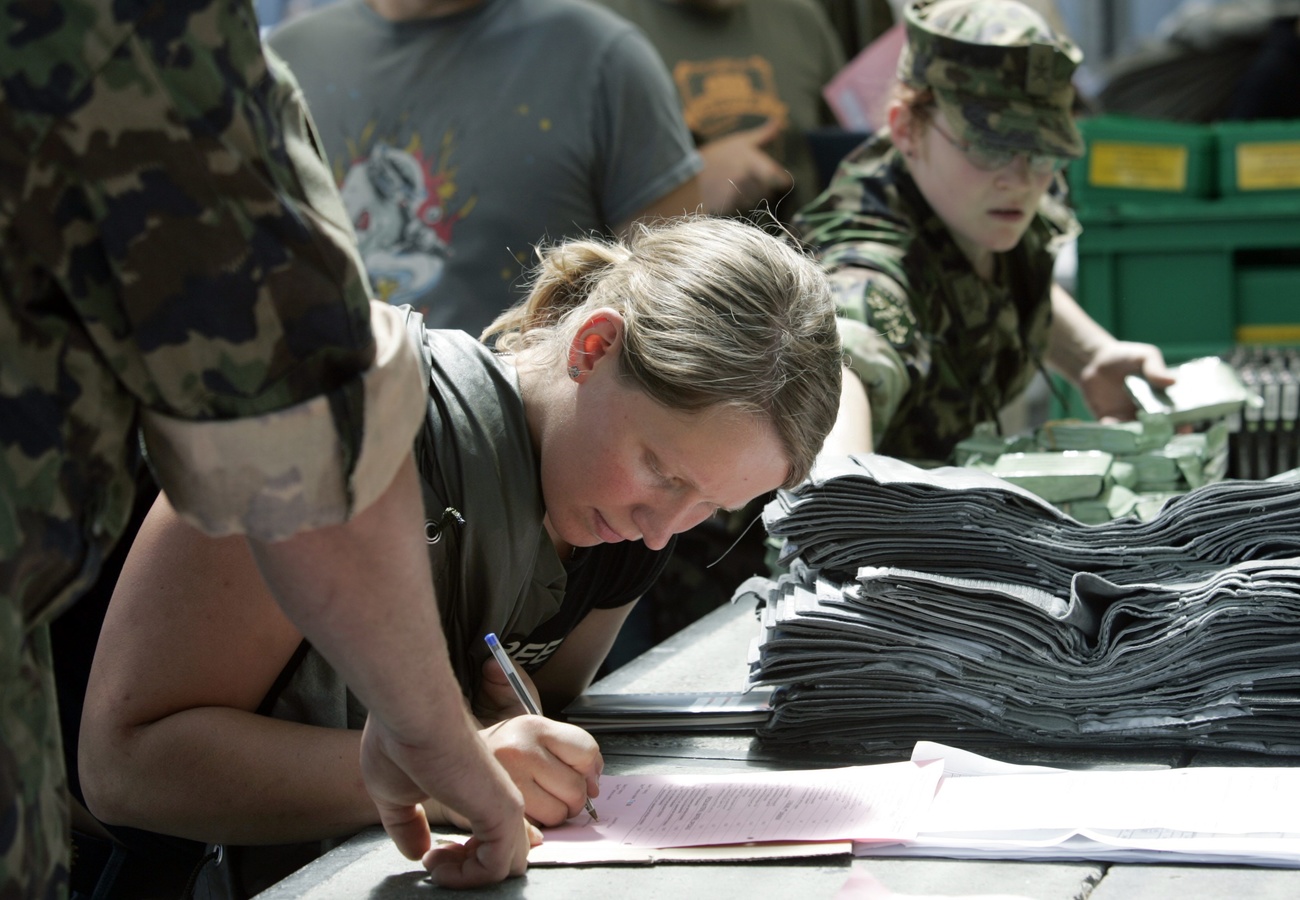
More
Drafting women into the army the Norwegian way
Finally, the report must clarify the issue of exporting and re-exporting Swiss-made arms and ammunition. According to various experts, the government over-interpretedExternal link the law on neutrality when it prohibited Germany from delivering Swiss-made ammunition for the Gepard anti-aircraft tank to Ukraine. This must not be allowed to happen again. The new strategy must show a way out of this dilemma that is viable under international law. Alternatively, recent reports suggestExternal link parliament could adapt and clarify the Federal Act on War Materiel, which it has already tightened up without any external pressure.
A second part of the report should be dedicated to diplomacy. Increased military engagement – both nationally and internationally – should be complemented by civilian engagement. Such a commitment already exists to a large extent today. However, certain adjustments are necessary. Switzerland’s high level of commitment to peace is generally recognised worldwide and understood as a quality feature of Swiss diplomacy.
In the field of international humanitarian law in particular, Switzerland has shown a strong and positive commitment as the depository state of the Geneva Conventions. Switzerland’s good offices – although often somewhat over-interpreted in the national debate in terms of their real significance – form another important element of the civil security pillar.
Switzerland’s non-permanent seat on the UN Security Council for 2023-2024 offers an excellent opportunity to sharpen the country’s security diplomacy profile at the global level. Two of the four priorities the government has chosen for its first term on the Council – sustainable peacebuilding and the protection of civilians – underscore this claim. However, against the backdrop of this dual strategy (military armament here, peace policy engagement there), it would make perfect sense to emphasise Switzerland’s commitment even more strongly in the area of disarmament. One prominent step it ought to take in this area is to finally ratify the Treaty on the Prohibition of Nuclear Weapons (TPNW).
Even if the nuclear powers themselves have stayed away from this treaty – its global political significance must be put into perspective – no fewer than 92 states have signed the treaty so far, and 68 states have ratified it.
Russia’s blatant threat to use nuclear weapons under certain conditions in the war in Ukraine has reminded the world of just how shaky nuclear peace is. It would behoove Switzerland to send the world the dual message that fighter jets like the F-35 are desirable but nuclear weapons are not.
Finally, the pertinent example of New Zealand should be mentioned: the country has ratified the TPNW and is strongly committed to the UN. At the same time, it relies on a robust defence capability in alliance with neighbour Australia as well as NATO.
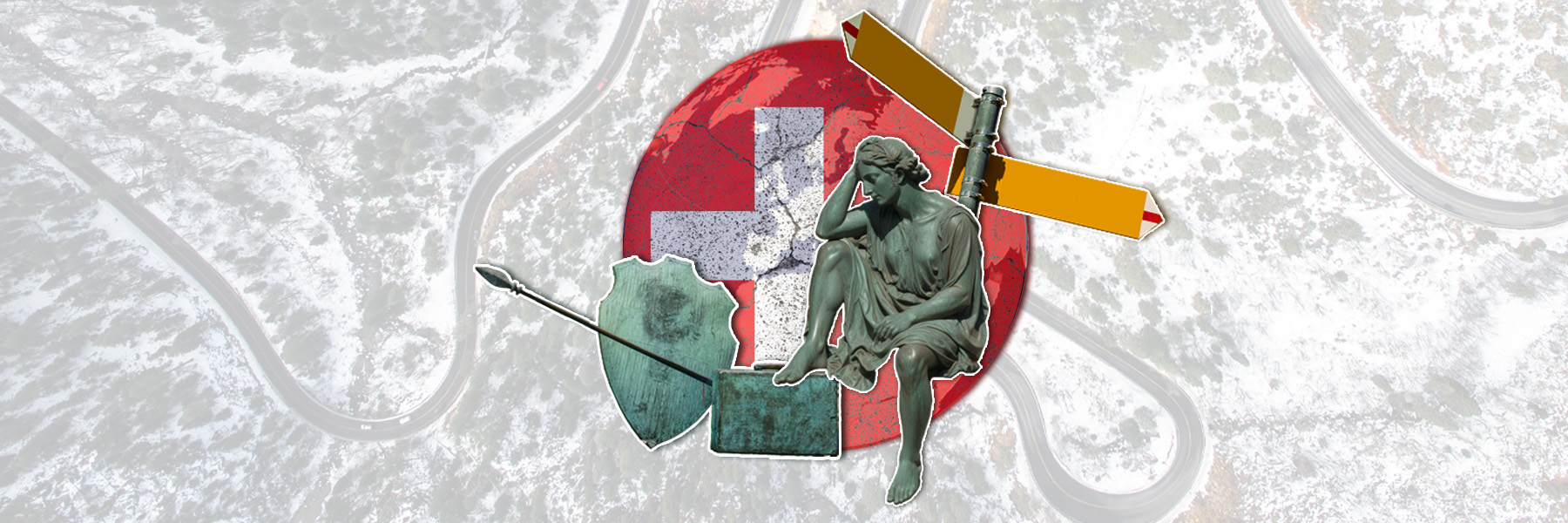
More
What does the future hold for Swiss neutrality?

In compliance with the JTI standards
More: SWI swissinfo.ch certified by the Journalism Trust Initiative









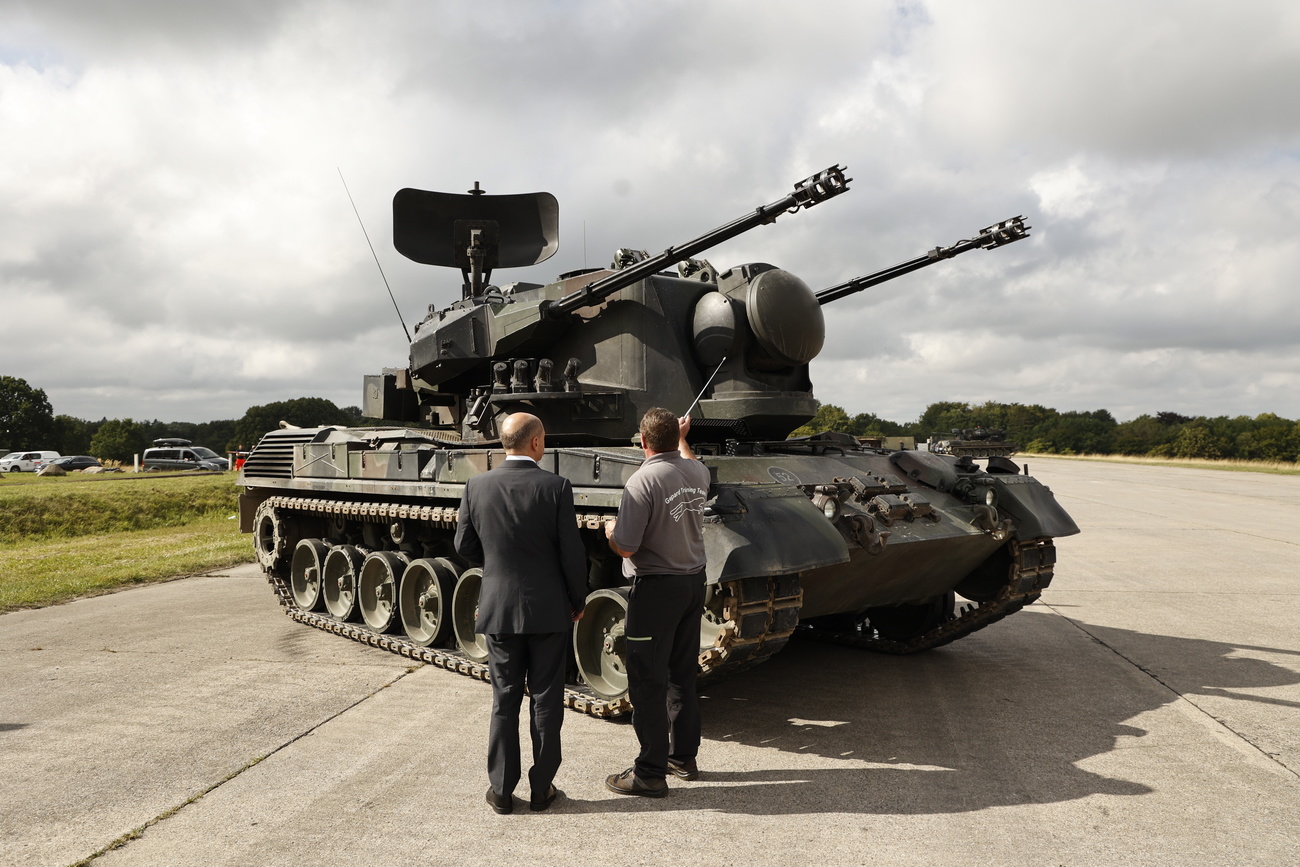

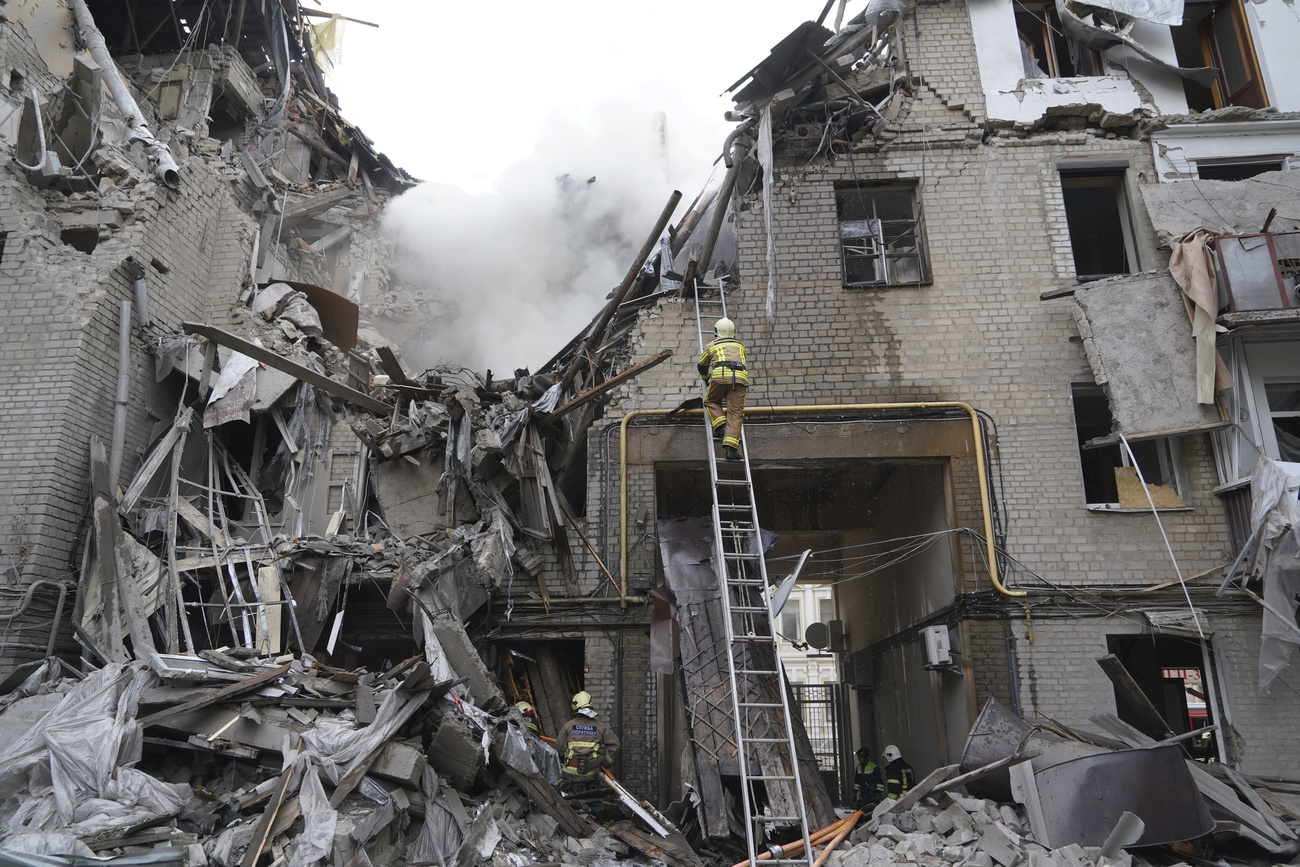
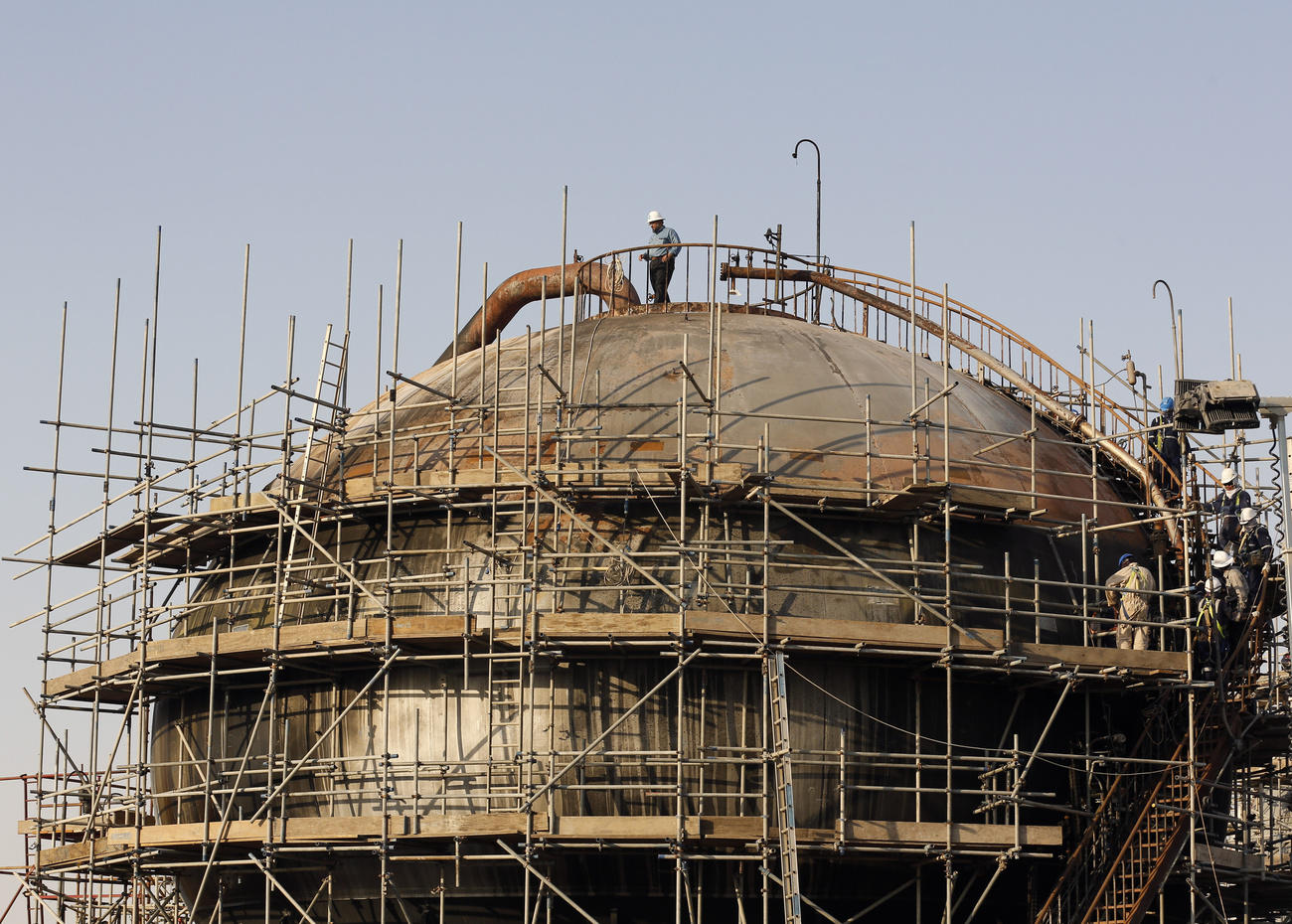
You can find an overview of ongoing debates with our journalists here . Please join us!
If you want to start a conversation about a topic raised in this article or want to report factual errors, email us at english@swissinfo.ch.